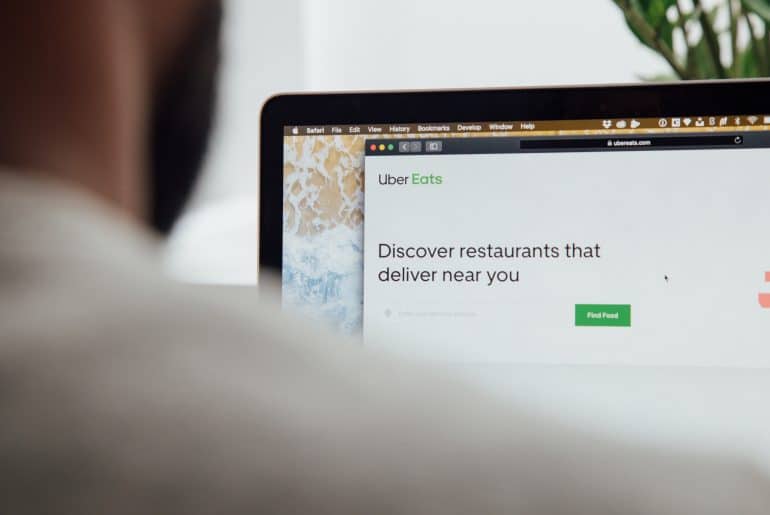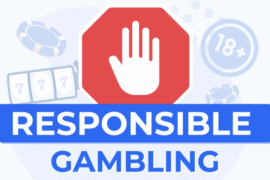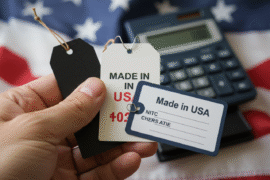This article may contain references to products or services from one or more of our advertisers or partners. We may receive compensation when you click on links to those products or services. Nonetheless, our opinions are our own.

Updated by Albert Fang
Delivery apps have gained huge popularity in recent years. More people than ever are turning to them as a source of income. If you’ve been considering working for one of these apps here’s what you need to know.
You’ll Have To Meet The Requirements
Each app has its own list of requirements but here are some common factors.
- Almost all the apps require you to be at least 18. Some require you to be 21.
- They want you to have had your license for at least 1 year.
- If you’re going to be driving a car, they want proof of insurance.
- You’ll need proof of residency for the state you’re working in.
- Some require background checks.
Check the requirements section of each app to find all their info.
Make A Backup Plan
Prepare a backup plan in case something goes wrong. What will you do if your car breaks down?
- You can rent a truck that’s big enough to carry you and all the groceries someone could order.
- If the delivery is something small and it’s to somewhere close by, you could walk or bike it to them
- Take public transportation.
If delivering is your only job, you need to make a backup plan to keep going if your car breaks down.
A High Demand For Drivers Means More Money For You
How much can you make? It varies but in recent times the answer is a lot.
- Since the pandemic began people have been using these apps more than ever. Some drivers report that between increased pay and tips, they’re making $25 an hour.
- Make sure you’re polite to customers and deliver quickly. Tips typically account for 20 to 40 percent of your pay.
- Do some research to find out which app is most popular in your area and sign up for that one.
This can be a high-paying job if you have the time and dedication to commit to it.
Tips For New Drivers
Here are a few things to keep in mind to make sure you’re doing the best job possible.
- The restaurants you pick up food from want you to be professional and courteous.
- If you pick up food from a restaurant, they’ll be able to leave you feedback along with the customer.
- If something comes up and you can’t complete the trip, cancel the order in your app.
- You can call your customer from the app if you need further instructions.
- Get an insulated delivery bag for food products.
You’ll learn as you go, but don’t hesitate to look for advice from those who have done it before.
You’ll Need To Know Your Tax Situation
Many of these apps list you as a self-employed contractor. That means there are a few obligations you should know about.
- Self-employed individuals pay almost 40% in taxes on their yearly income.
- To avoid not having the money to pay your taxes at the end of the year, the IRS recommends setting aside 40% of each paycheck.
- These apps will report what you made to the IRS, and if that number doesn’t match what you report, you can be audited and fined.
- You can write-off things like gas and car insurance on your taxes when they’re required for your job.
- You have to file a quarterly statement estimating how much you expect your self-employed income to be at the end of the year.
Self-employed work creates a unique tax situation that requires careful management. Learn about your situation early so you don’t find yourself in trouble.
These points are a great starting place for finding out what you need to know about working for a delivery app. You’ll learn even more once you’re on the job and soon you’ll be a pro.

Reviewed and edited by Albert Fang.
See a typo or want to suggest an edit/revision to the content? Use the contact us form to provide feedback.
At FangWallet, we value editorial integrity and open collaboration in curating quality content for readers to enjoy. Much appreciated for the assist.
Did you like our article and find it insightful? We encourage sharing the article link with family and friends to benefit as well - better yet, sharing on social media. Thank you for the support! 🍉
Article Title: What You Need to Know About Working for a Delivery App Cheat Sheet
https://fangwallet.com/2021/03/02/what-you-need-to-know-about-working-for-a-delivery-app-cheat-sheet/The FangWallet Promise
FangWallet is an editorially independent resource - founded on breaking down challenging financial concepts for anyone to understand since 2014. While we adhere to editorial integrity, note that this post may contain references to products from our partners.
The FangWallet promise is always to have your best interest in mind and be transparent and honest about the financial picture.
Become an Insider

Subscribe to get a free daily budget planner printable to help get your money on track!
Make passive money the right way. No spam.
Editorial Disclaimer: The editorial content on this page is not provided by any of the companies mentioned. The opinions expressed here are the author's alone.
The content of this website is for informational purposes only and does not represent investment advice, or an offer or solicitation to buy or sell any security, investment, or product. Investors are encouraged to do their own due diligence, and, if necessary, consult professional advising before making any investment decisions. Investing involves a high degree of risk, and financial losses may occur including the potential loss of principal.
Source Citation References:
+ Inspo












































